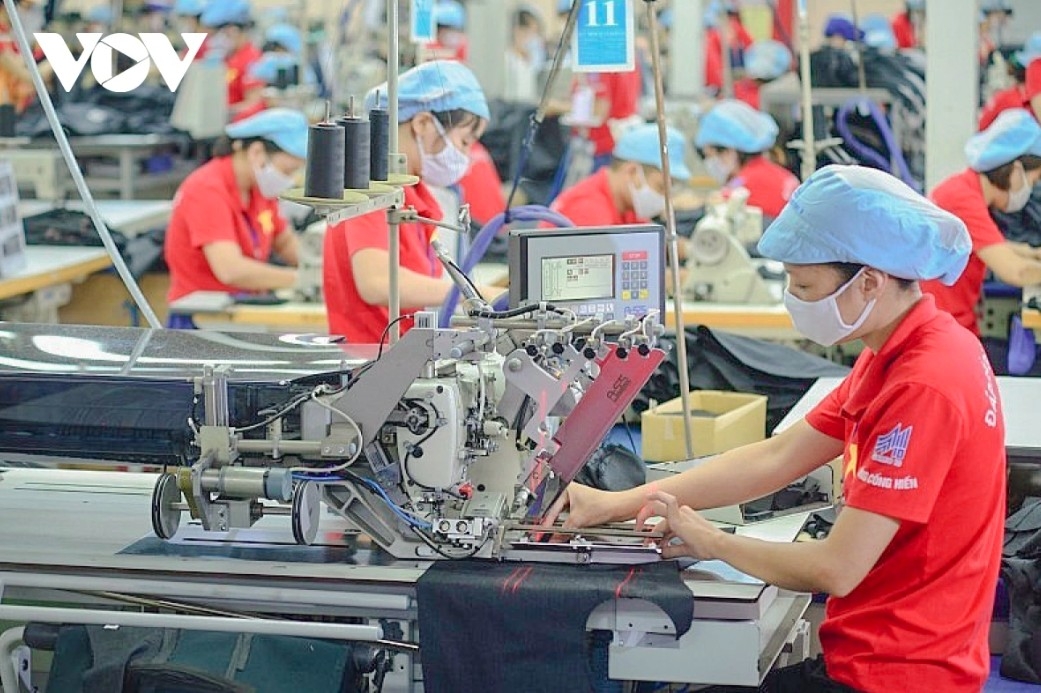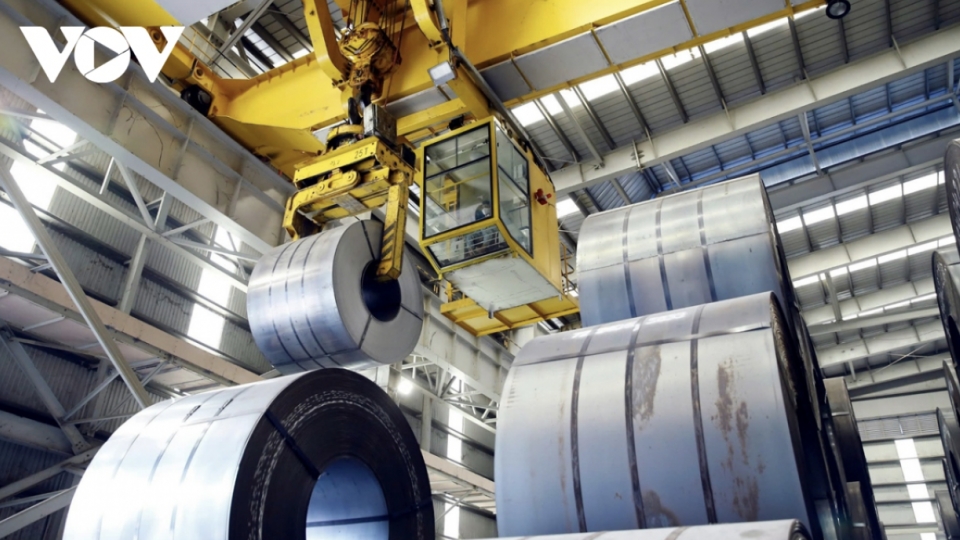Exporters cope with mounting pressures as EU imposes stricter requirements
VOV.VN - Pressures are building up on Vietnamese exporters seeking to penetrate deeper into the European Union (EU) as the bloc imposes stricter requirements for imported agricultural, aquatic, and industrial products, according to insiders.

Increasing technical barriers
With a population of about 450 million people and great purchasing power, the EU is a crucial market for Vietnamese goods. In particular, the implementation of the EU – Vietnam Free Trade Agreement (EVFTA) has further enhanced export opportunities for key Vietnamese industries like machinery, electrical equipment, footwear, mechanical equipment, garments, coffee, tea, and spices through tariff reductions.
Last year witnessed local exports to the EU market enjoy an impressive recovery, raking in US$51.66 billion, up US$8.08 billion compared to 2023.
However, the EU is tightening food safety and sustainability regulations, including stricter maximum residue levels (MRLs) for pesticides in imported agricultural products.
Certain chemicals prohibited in the bloc will be entirely banned from imports. In addition, most fresh agricultural imports now require a phytosanitary certificate confirming the absence of harmful organisms.
Dr. Vu Van Tinh, senior advisor at Salus Law Firm, says that the EU has recently implemented numerous technical barriers to protect its market, while many Vietnamese businesses still lack sufficient knowledge of these regulations, leading to export challenges.
The fact is that local enterprises have not updated the new standards set by the market, and several businesses have also been warned by the EU about intellectual property, product labels, and patents, says Tinh.
Despite recording over US$4 billion in annual export revenue to the EU market, the garment and textile industry has voiced concerns regarding escalating barriers which hinder makers.
Last year, the industry earned nearly US$44 billion from its exports, including US$4.4 billion from the EU market. Yet, sustaining growth will prove challenging if the industry lags in adopting greener practices and meeting the EU's evolving environmental standards.
Simultaneously, Vietnam’s primary competitors within the EU market, including the likes of China, Bangladesh, and Turkey, are actively enhancing their competitiveness and transitioning to achieve more sustainable production methods to get the lion’s share of the market.
Tran Ngoc Quan, Vietnamese trade counselor to the EU, notes that the bloc views the textile and garment industry as particularly sensitive due to its perceived high waste generation.
In an effort to limit this, the EU has introduced regulations on eco-design for sustainable products, as well as the application of extended producer responsibility (EPR). These strict regulations have caused numerous difficulties for small and medium-sized enterprises.
Active support from Vietnamese trade offices abroad
In navigating new EU import standards, Quan outlines two groups of solutions in place to support domestic exporters.
The first involves legal assistance, providing crucial information on evolving policies and connecting businesses with local EU legal expertise to navigate the market effectively.
“We are also actively seeking partnerships with mid-sized EU importers to create accessible opportunities for our small and medium-sized enterprises,” Quan explaines. "This is coupled with inviting prominent brands and retail groups to Vietnam to join events like the Vietnam International Sourcing programme with the aim of fostering direct connections with international suppliers.”
The second key area of support from the Vietnam Trade Office in the EU focuses on resolving market access challenges faced by Vietnamese businesses.
Moreover, Tinh warns that local businesses must rigorously adhere to mandatory quality and food safety regulations, including managing chemical residues, limiting hazardous substances in electronics, ensuring accurate and transparent certificates of origin, prioritising environmental protection and social responsibility, and unequivocally eliminating forced labour.




